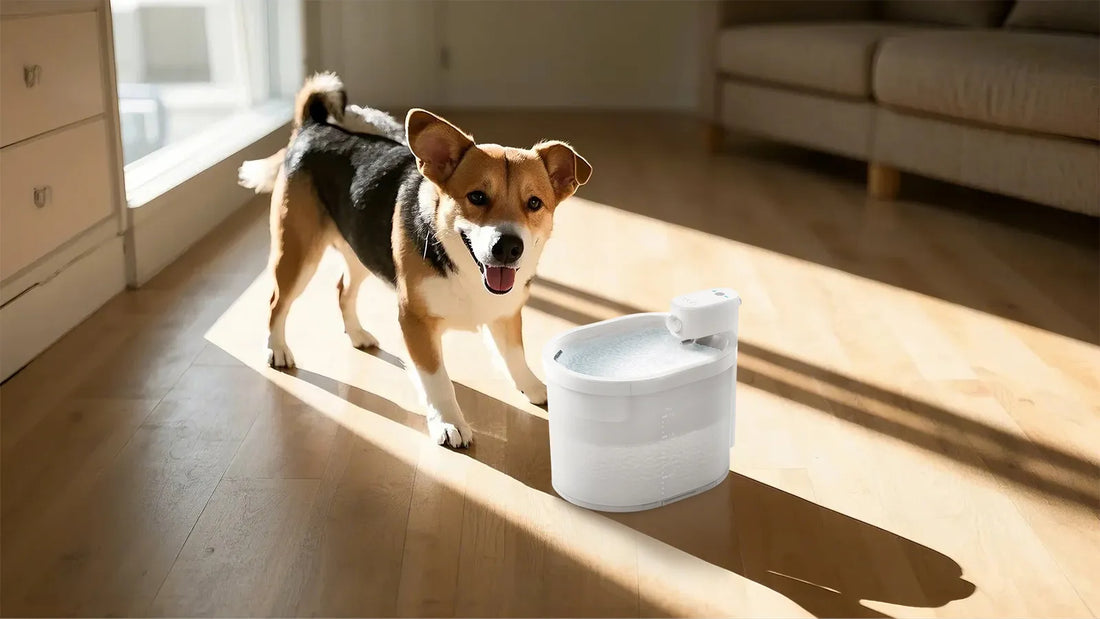Imagine your curious feline companion sneaking a sip from your glass of wine or beer. While it might seem harmless or even amusing, the reality is far more serious. Cats drinking alcohol can lead to severe health complications, and as a responsible pet owner, it's crucial to understand the risks and take preventive measures.
Why Alcohol is Dangerous for Cats
Alcohol, even in small amounts, is toxic to cats. Unlike humans, cats lack the necessary enzymes to metabolize alcohol efficiently. This means that even a tiny amount can have a significant impact on their system. Symptoms of alcohol poisoning in cats include vomiting, diarrhea, difficulty breathing, tremors, and in severe cases, coma or death.
How Cats Might Be Exposed to Alcohol
Cats can be exposed to alcohol in various ways. Common scenarios include accidentally ingesting spilled drinks, licking alcohol-based cleaning products, or consuming foods that contain alcohol, such as certain desserts or sauces. It's essential to be vigilant and keep these items out of your cat's reach.
Recognizing the Signs of Alcohol Poisoning
If you suspect your cat has consumed alcohol, it's vital to act quickly. Look for signs such as lethargy, uncoordinated movements, excessive drooling, or changes in behavior. If you notice any of these symptoms, contact your veterinarian immediately. Early intervention can make a significant difference in your cat's recovery.
Preventing Alcohol Exposure in Cats
Prevention is the best approach to protect your cat from alcohol-related dangers. Store alcoholic beverages securely, clean up spills promptly, and avoid leaving drinks unattended. Additionally, be cautious with household products that contain alcohol, and ensure they are stored safely away from your pet.
What to Do If Your Cat Drinks Alcohol
If your cat has consumed alcohol, remain calm but act swiftly. Remove any remaining alcohol from their reach and monitor their condition closely. Contact your veterinarian for guidance, and be prepared to provide details about the type and amount of alcohol ingested. Follow their instructions carefully to ensure your cat receives the appropriate care.
The Long-Term Effects of Alcohol on Cats
Even if your cat recovers from an initial exposure to alcohol, there can be long-term effects on their health. Chronic exposure or repeated incidents can lead to liver damage, neurological issues, and other serious conditions. It's essential to take preventive measures to avoid these risks entirely.
Educating Others About the Risks
As a cat owner, you can play a vital role in raising awareness about the dangers of alcohol for cats. Share this information with friends, family, and fellow pet owners to help prevent accidental exposure. By working together, we can create a safer environment for our feline companions.
Your cat's health and well-being are in your hands. By understanding the risks of alcohol and taking proactive steps, you can ensure your furry friend stays safe and happy. Remember, a little caution goes a long way in protecting your beloved pet from harm.













